
Discover more from Do the Work
This newsletter is called “Do the Work” because it’s about challenging ourselves to get creative work done, while acknowledging that even though we know the way to get the work done is to do the work, that doesn’t make it easy to do.
I write this newsletter for you, but I also write it for myself. Because I have a habit of convincing myself that promoting my books, pleasing the algorithms, making videos, and ordering swag are all necessary, when they’re usually procrastination masquerading as productivity. What I have to do first is write the books.
There are a lot of people who will tell you that their way of writing is the only way to do it right, which makes no sense. There are a million different life circumstances and a million different ways to do the work. I’m fascinated by other people’s creative processes and love to try them out, but ultimately my process is my process. It changes with the seasons and from year to year. It changes from book to book.
Your job is essentially this: know yourself, and do the work. Know what works for you and what doesn’t, and carve out time to actually do the work.
This whole newsletter is about exploring the how of those things, because who you are/where you are in life might change, and the process for each book might change, and that’s ok. If you know who you are, and who you are as a writer – and that change is inevitable – you’ll have a better plan for how to write your books. And if you want to write books, then you really do have to make the time to write them. Maybe your cousin’s college roommate’s podiatrist said that TikTok is a great way to sell books. And maybe it is. But if you find yourself building your TikTok following instead of writing books, you need to ask yourself what you want to be doing. Are you all done with writing books, and you want to focus now on selling the ones you’ve already published? Ok, then. Go for it. But if you want to write and publish more books, you have to actually write them.
Here's what I know about my process right now: I need to schedule writing time and set goals (sometimes time goals, sometimes word count goals). I need to do deep work sessions. I need to distance myself from social media. I need to recognize when other things are getting in the way of writing, and decide whether I need to take a break to tend to those things, or whether I need to set boundaries and give the time to my writing.
Here is a list, a Do the Work list of commandments. These are what work for me. Some of them might work for you, and some might not.
Schedule writing time. It doesn’t have to be hours-long chunks, and it doesn’t have to be every day. You might block off time during your most clear-headed part of the day, or put it on your daily to-do list. And if all you can manage right now is 2 minutes a day, then schedule that, and do it. You can write 50 words in 2 minutes, and 10 days later, you’ll have a draft of a picture book.
Don’t beat yourself up if you skip a day, or even many days. Investigate why it’s hard and tackle that head on.
When it gets boring, sit still, keep going. Revelation hides on the other side of uncomfortable stillness, and if you pick up your phone, the revelation runs off.
The writing is going to be bad sometimes. That’s the process. Your job is to go back later and make it better.
Staring into space counts toward your writing if you have a notebook and pen nearby. Going on a walk without your phone counts toward your writing. But at some point, you do actually have to start writing.
Revision – and knowledge of revision – is a gift, because you can get the story down without worrying about making it done yet.
Commit to keeping your writing sessions free of digital distractions. Time yourself. Go 15 minutes, then build up to 30, 45, 60, just working on your story, not checking messages or feeds.
Play with processes. Learn what works best for you right now; learn what might work for you on a future project.
Your imagination and desire to tell stories is a super cool thing that you get to do. If you can imagine something and transfer it into text, that’s amazing. Of course it’s hard. You’re transferring your thoughts into words someone else can read. Don’t throw away your chance to tell your story just because telling a story is hard. Be prepared for the challenge. Other people have done it – why not you?
Thoughts and Links
I love my new blooming typewriter drawing, made for me by my daughter Zuzu (yes, I paid her!).
Two televisions shows that made me laugh this month: Sprung and Reboot.
I got the new Melissa Clark cookbook, Dinner in One, out of the library, then spent two weeks cooking dinners from it, and every single one was great (great enough that I bought it, even though my cookbook space is overstuffed). The concept is that every recipe uses only one pan (or pot or skillet), making clean-up easier. They are all workhorse dinners -- tasty enough and easy, and don't require too much thought or chopping. (Some examples are here.) (Although truthfully I have not made any of those examples.)
In what I can only assume is the very definition of an internet rabbit hole, I went searching for easy Instant Pot recipes and ended up on Reddit (no one was more surprised than me) (if you must know, my renewed desire to set boundaries around doing the work of writing means I want easy hands-off recipes). One of them, by a fellow known apparently as “Chatty_Monkey_Don” (I have no idea if I’m doing any of this correctly right now) described dumping in frozen meatballs and throwing pasta and sauce on top. Reader, I tried it, and it was magical. Everything was cooked, my family loved it, it took 30 seconds of work on my part.

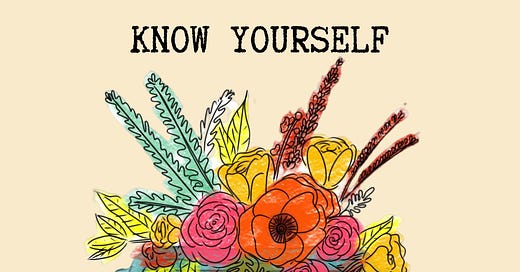








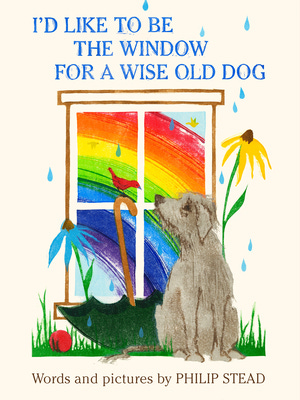
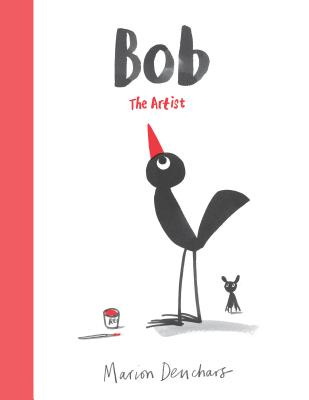





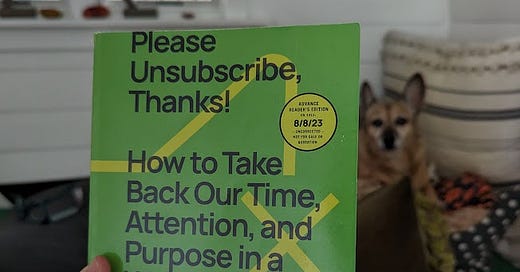

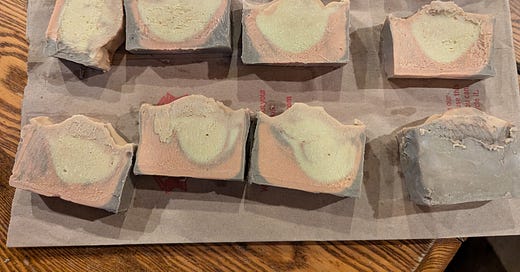



That typewriter!!! 😍😍 As usual, using reading my Julie Falatko emails as rewards for getting specific writing/revision/other goals done works! :) I wanted to read this one badly enough that I made myself finish a tough revision in exchange for it. (Double win, because I also feel smarter now!) Also, thank you for sharing your Chatty_Monkey_Don dinner hack findings. That made me laugh out loud.